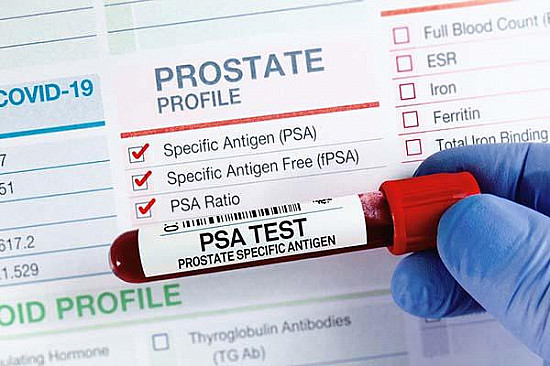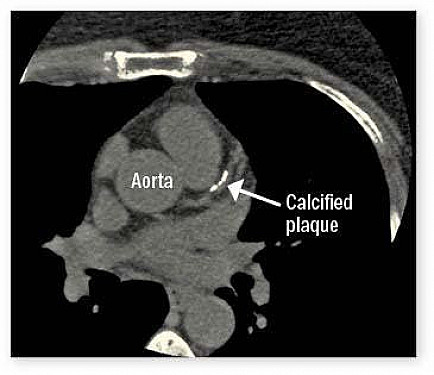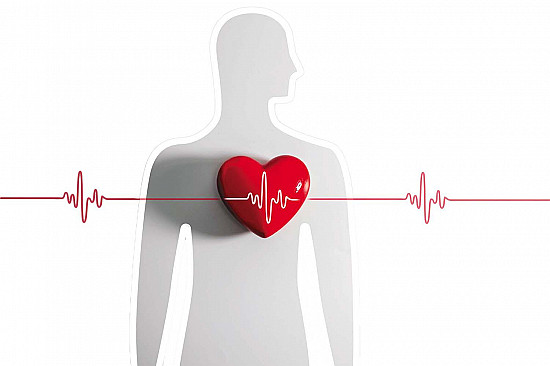Should I get a COVID-19 antibody test?
Ask the doctor
Q. Should I get a test for COVID-19 antibodies, even though I've never had any symptoms and I don't think I've had the virus?
A. A blood test for COVID-19 antibodies tells you if you have been infected in the past; it does not accurately tell you if you are currently infected. You can get an antibody test through your doctor, or possibly through a testing center set up by your state or city.
To diagnose a person currently infected with COVID, a swab of the nose or a saliva sample is tested either by an antigen detection technique or by PCR. These tests are quite accurate, but not perfect. They can be falsely positive (suggesting infection where there wasn't any) or falsely negative (missing an infection you really have).
So, if a diagnostic test is falsely negative, it can be falsely reassuring, and if it is falsely positive it can scare you unnecessarily.
If you are curious as to whether you might have been infected without symptoms, you could get an antibody test. But, as with any test, there are false positives and false negatives. Worse, even an accurate positive antibody test does not guarantee that you now are immune to the virus: it can cause you to mistakenly believe that you no longer need to protect yourself and others by physical distancing, mask wearing, and hand washing. That can be a bad, even fatal, error.
An antibody test can be useful in a person who has COVID-like symptoms but a persistent negative nasal swab test, or in people who have persisting symptoms, known as "long COVID."
In summary, while there are good reasons for some people to get a test for COVID-19 antibodies, I don't think it's necessary for most people.
— Anthony L. Komaroff, M.D.
Editor in Chief, Harvard Health Letter
Disclaimer:
As a service to our readers, Harvard Health Publishing provides access to our library of archived content. Please note the date of last review or update on all articles.
No content on this site, regardless of date, should ever be used as a substitute for direct medical advice from your doctor or other qualified clinician.















